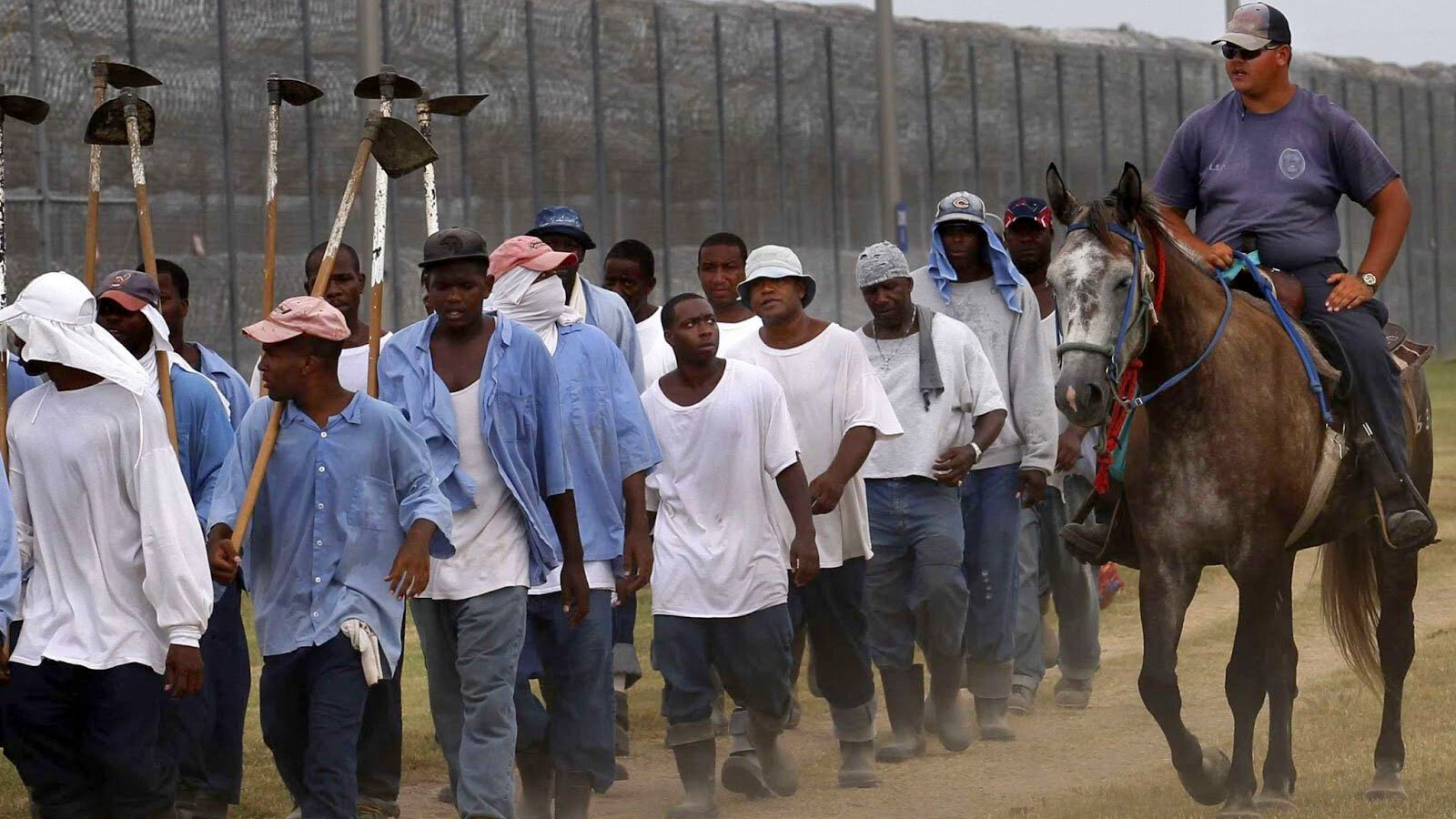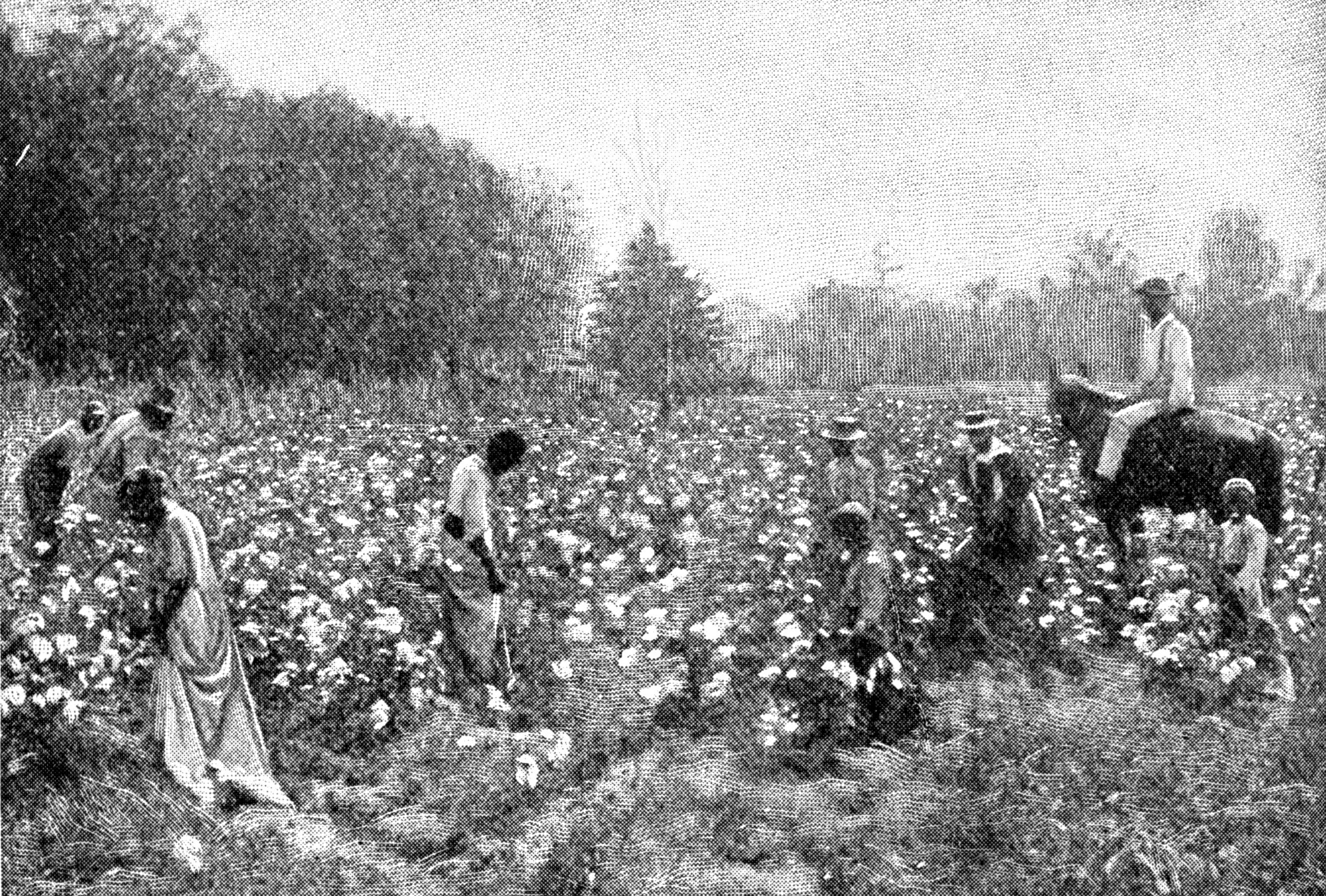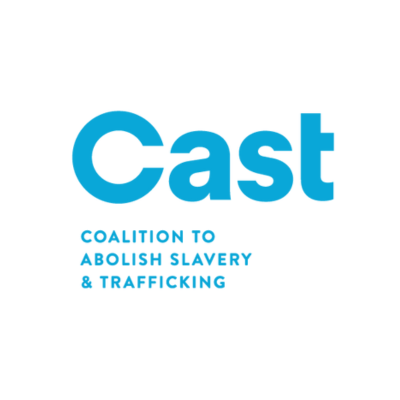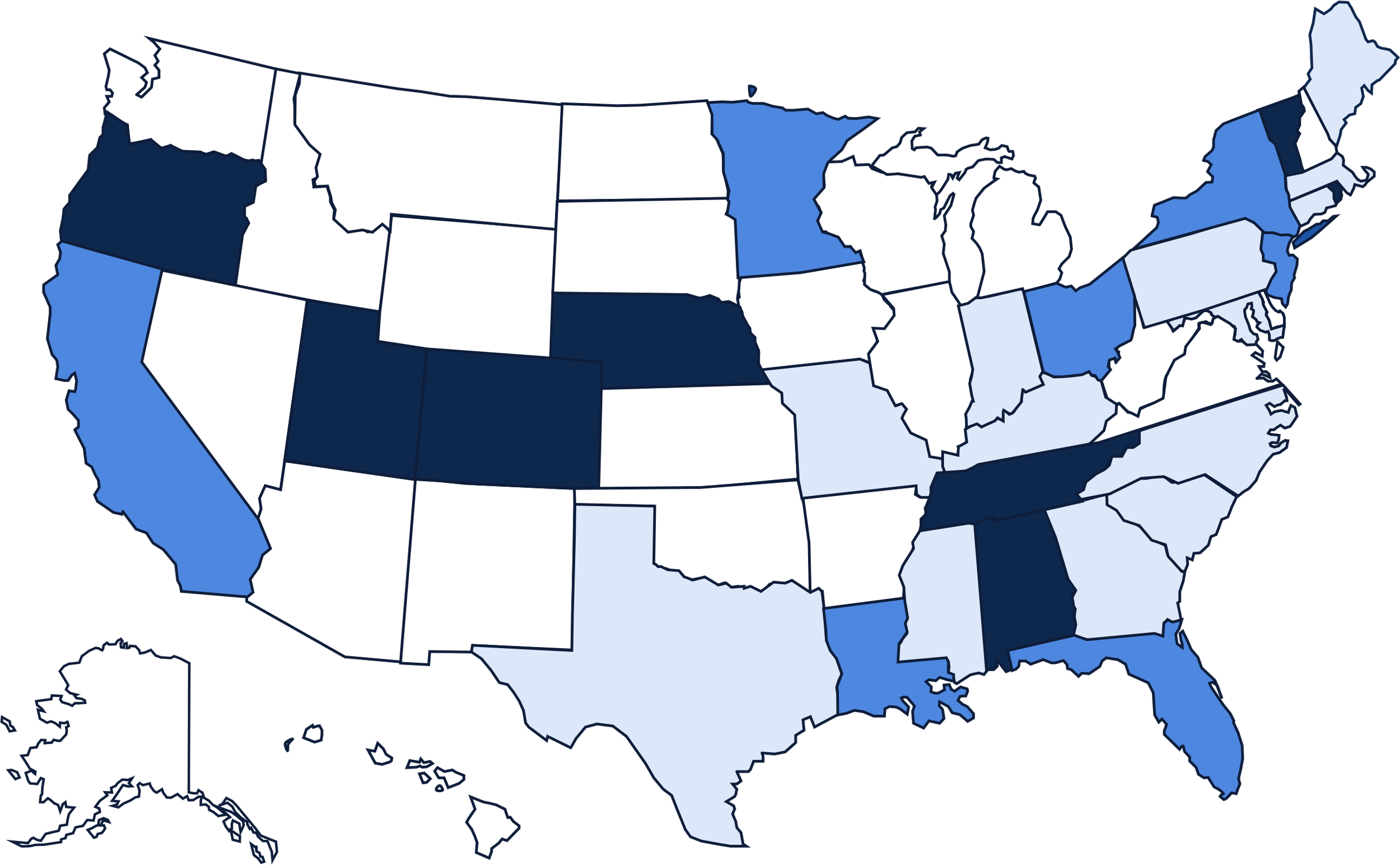
No slavery. no exceptions.
Slavery is an evil that has loomed over our nation since its founding.
Passed in 1865, the 13th Amendment to the U.S. Constitution is celebrated for abolishing slavery and involuntary servitude. However, to the surprise of many, the 13th Amendment includes an exception clause that has been understood throughout history to allow slavery and involuntary servitude to be used as punishment for crime. During Reconstruction, this understanding encouraged the criminalization, incarceration, and re-enslavement of Black people.
Still today, more than 150 years later, people who are incarcerated and detained across our country are disproportionately Black and brown and forced to work for pennies an hour to no pay at all, sometimes in dangerous conditions with inadequate training and equipment, leading to serious injuries, long-term health consequences, and even death. Refusing to work, even when conditions are hazardous can result in additional punitive measures, such as the loss of family visits and solitary confinement. This is not rehabilitation or accountability – and its harm ripples beyond prison walls.
It’s time to unequivocally make the evils of slavery and involuntary servitude history, once and for all. We must pass the End the Exception Amendment — sponsored by Senators Jeff Merkley (D - OR), Cory Booker (D - NJ), Congresswoman Nikema Williams (D - GA-05), Representative Celeste Malloy (R - UT)— to end the exception!
#EndTheException is part of the Abolish Slavery National Network.
13th
amendment
Neither slavery nor involuntary servitude, except as a punishment for crime whereof the party shall have been duly convicted, shall exist within the United States, or any place subject to their jurisdiction.
Origins of the Exception. FROM THEN TIL NOW.
After the Emancipation Proclamation in 1863, President Lincoln didn’t necessarily plan to pass a constitutional amendment to prohibit slavery. Several had the idea, but the first drafts were brought by radical Republican Senator Charles Sumner (MA) and Representative James Ashley (OH) who sought a “constitutional guarantee” of “perpetual freedom.” Their bill versions made it to the desk of Senate Judiciary Committee Chair Lyman Trumbull (IL), the first Republican to declare that the Civil War was as much about ending slavery as it was about the Union, but that is as far as they got.
Trumbull was interested in more moderate language that could pass both the Republican-controlled Senate and Democrat-controlled House of Representatives. He got to drafting and enlisted the help of enslaving Senator John Brooks Henderson (MO), who inserted the exception, drawing the language of prior federal laws that curbed the use of slavery. Though the language had become normalized, its use in the 13th Amendment reflected a clear effort to reach a compromise with slave states that would allow for the continuation of slavery, albeit in a modified form.
Sumner argued against the inclusion of the exception, explaining that it still explicitly allowed slavery or, at the very least, opened the door for it. He proposed alternatives that were all shut down, and he did not push further. In the end, Lincoln portrayed the 13th Amendment as “a King’s cure for all the evils [of slavery]. It winds the whole thing up.” But as we know today, it did no such thing.
After the passage of the 13th Amendment, states used the exception, as designed, to pass Black Codes and criminalize, roundup, incarcerate, and re-enslave newly freed Black people. Prison populations went from predominantly white to predominantly Black, and former slave states began to lease incarcerated people to corporations and individuals to generate revenue, using a practice called “convict leasing.” Eventually “convict leasing” fell out of favor, and states transitioned to using incarcerated people on chain gangs for public works projects. These are the direct precursors to mass incarceration as we know it today.
BLACK CODES
(1865 - 1866)
States passed laws that criminalized Black people to incarcerate recently freed people
CONVICT LEASING
(1840 - 1920s)
States leased incarcerated people to private individuals and corporations
CHAIN GANGS
(1800s - Today)
States exploited incarcerated people for public infrastructure and other projects
MASS INCARCERATION
(1970s - Today)
States continue the mass caging and control of Black, brown, and low-income people
What Would Lincoln Say Today?
It is hard to envision what the nation’s leaders during the Civil War would say about the state of slavery in the U.S. today. However, we asked AI to help us answer that question for at least the most revered among them. Watch “The Most Famous Speech Never Given” by the late President Abraham Lincoln, authenticated by Lincoln-scholar Howard Holzer, and performed by Graham Sibley.

WAGE THEFT. Under force.
86
CENTS PER DAY
Incarcerated people are forced to work for private corporations, state-owned corporations, and correctional agencies, making an average of $0.86 per day.
7
STATES
Seven states — Alabama, Arkansas, Florida, Georgia, Mississippi, South Carolina, and Texas — pay incarcerated people nothing for the vast majority of work.
18
BILLION DOLLARS
Every year, as much as $18 billion is stolen in wages from incarcerated people, depriving communities decimated by mass incarceration of economic stability.
Incarcerated people who refuse to work are often beaten, denied contact with family, put in solitary confinement, and even denied parole — punishments that date back to ante-bellum slavery.
Except For Me.
The exception in the 13th Amendment has real impact on real people. This hard truth has become reality for millions of people behind bars across the country. Listen to their stories in #ExceptForMe, a digital series uplifting the voices of those who have suffered under the exception. And remember, with one wrong turn, YOU could be legally enslaved today.
“Power concedes nothing without a demand. It never did, and it never will.”
— Frederick Douglass
END THE EXCEPTION amendment
Neither slavery nor involuntary servitude may be imposed as punishment for a crime.
WHY NOW.
In recent years, eight states have abolished slavery through their state constitutions. In 2018, Colorado became the first state since Rhode Island — the only state to have fully abolished slavery prior to the passage of the 13th Amendment — to end the exception and abolish slavery. Following in its footsteps, Utah and Nebraska also led successful campaigns to abolish slavery in 2020. In all three states, the ballot initiatives were the result of unanimous, bipartisan legislative votes. Then in 2022, voters in Alabama, Oregon, Tennessee, and Vermont also decided to end the exception and abolish slavery for all. Most recently, in 2024, Nevada voters approved a constitutional amendment removing the exception. Many states are now following their lead, advancing campaigns to end the exception in their own constitutions.
We have momentum!
In The Media.

“If you hear the dogs, keep going. If you see the torches in the woods, keep going. If there’s shouting after you, keep going. Don’t ever stop. Keep going. If you want a taste of freedom, keep going.”
— HARRIET TUBMAN

































































































